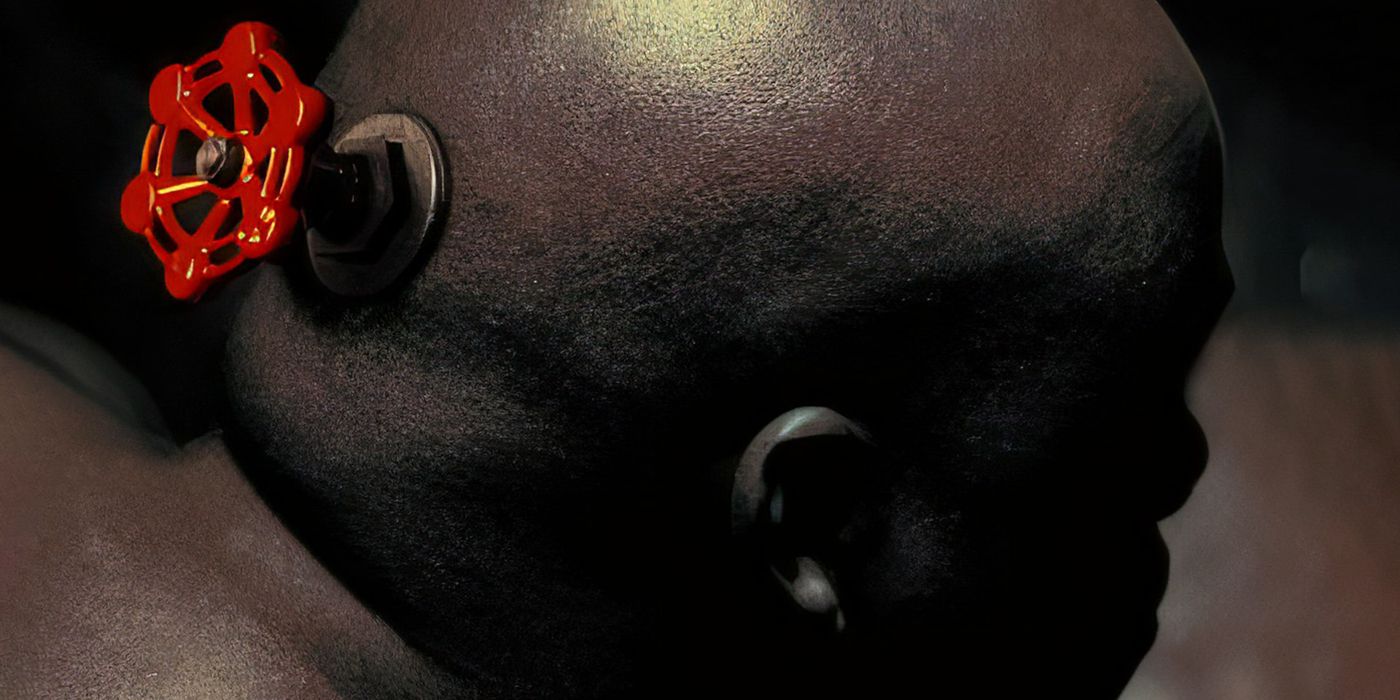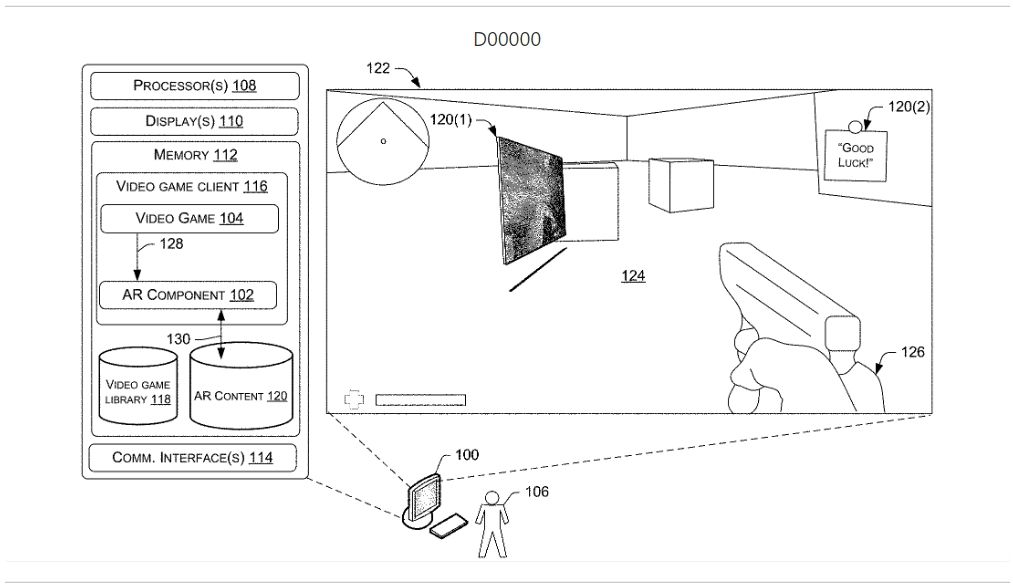Valve is a company that's constantly experimenting with new ideas. The Half-Life, Portal, and Counter-Strike game studio also creates its own gaming hardware, like the popular Valve Index VR headset and the now-defunct Steam controller. One can only imagine all of the projects Valve works on behind the scenes that never come to fruition. Sometimes, like with this newly discovered Valve patent for AR in video games, PC enthusiasts get a look at what could be.
This new patent is named "Augmented reality (AR) system for providing AR in video games" and was filed by Valve on January 9. As the name implies, it's a patent describing a system allowing elements of an AR experience to be inserted into a video game. Specifically, it employs a "central data warehouse for AR content" that will communicate with PCs to insert AR elements while the PC is being used to play games.
The patent does list several potential ways that this technology could be applied to realistic scenarios. Using AR technology to add multiplayer elements to single-player games is one example. Using AR to create a more immersive spectating experience for competitive games is another. Other examples listed include "mixing of game worlds," as well as "teleportation through AR objects." Obviously, these descriptions leave a lot to the imagination, but do provide a basic idea of what Valve is trying to do.
Valve's example of an AR spectating feature for an online experience is perhaps the best example of what it wants to do with this patent. That's because Valve has already experimented so heavily with spectating technology as part of its esports plans for Dota 2. Dota 2 fans have been watching tournaments in virtual reality since 2016. Using AR to expand that experience, to make it more immersive, or to enable social features like multiplayer spectating through AR, seem an obvious goal for Valve given the company's past efforts.
But saying something sounds interesting doesn't necessarily mean it's realistic or useful. Examples of successful AR features in games are limited. Pokemon GO is perhaps the best example, letting players see Pokemon as if they were in the real world, though as many players will attest the game runs better and is easier to play without the feature. A patent only goes so far in helping portray exactly what Valve is planning.
Given how recent the patent was filed, it's unlikely that Valve will produce a game utilizing the patent's ideas anytime soon. Regardless, given Valve's willingness to experiment in its games, then don't be surprised some mix of augmented reality in a Valve game sometime in the future.
Source: USPTO


